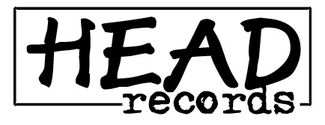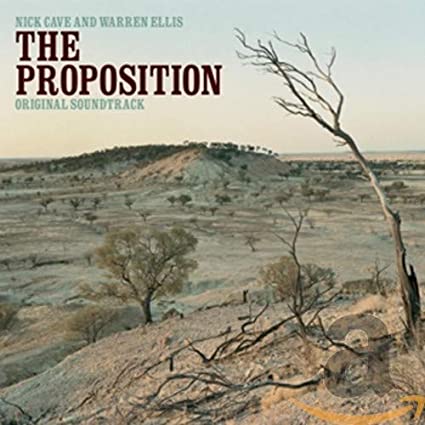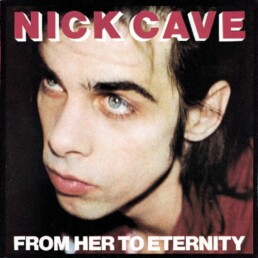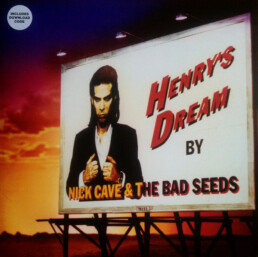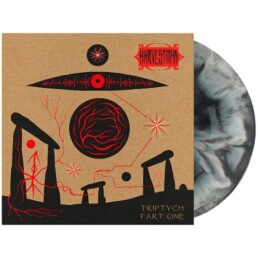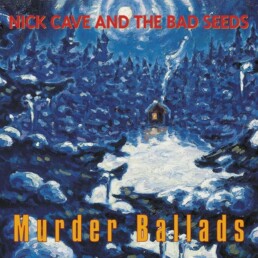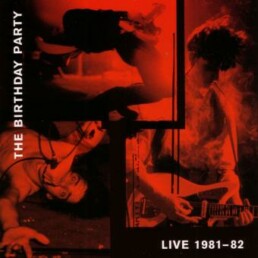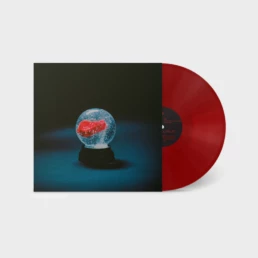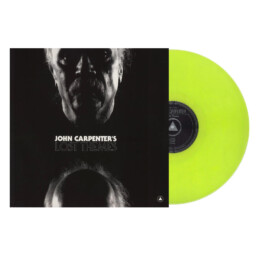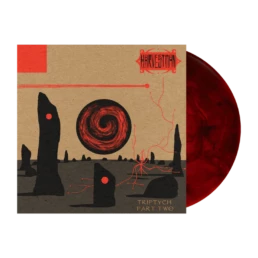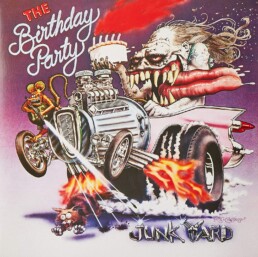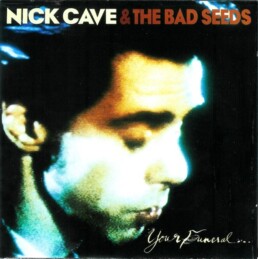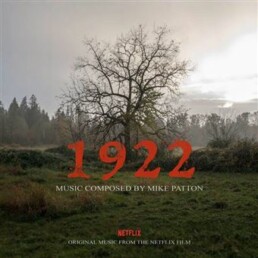Description
Nick Cave usually writes in the zone between the grandiose and the ridiculous, which can be rewarding in his music but frustrating elsewhere. When the Bad Seeds provide a backdrop against which Cave’s tales of woe can play out, the results– from Tupelo through Abattoir Blues– are inimitable and so compelling that one can easily forgive their pretensions. But Cave’s faux-Faulknerian novel, And the Ass Saw the Angel, strode defiantly into the realm of the ridiculous and there defended itself against such literary niceties as setting, character, credibility, and restraint. The Proposition, the movie based on Cave’s screenplay about bushrangers in late 19th century Australia, doesn’t open in the U.S. until late spring, so it’s understood that reviewers like me have had no chance to determine how the music is used in the film. But the casting is impressive (Guy Pearce, Ray Winstone, and Emily Watson) and the story sounds like an intriguing device for exploring his usual themes of betrayal and redemption. Already The Proposition is being heralded as a violent epic, which might suggest that Cave has indulged his every Gothic whim. But exactly where this movie falls between silly and sublime is anyone’s guess, at least for a few more months.
The soundtrack gives nothing away. Cave co-wrote and performed these tracks with Dirty Three violinist and occasional Bad Seed Warren Ellis, and the music ranges from the intimate to the epic, from the understated to the overblown. Most of the songs are small and so particular that you can almost discern a story from them. “The Proposition #1” establishes an ambient background against which Ellis’ violin scratches out a ragged melody, evoking some nocturnal conspiracy full of twisted menace. And the shuffling rhythms and windblown percussion of “Banyon Road” (title notwithstanding) suggests an arduous journey, while the creeping bassline implies the danger of reaching the destination. Elsewhere, Cave and Ellis set fluttering piano and swirling violin against a flat drone, evoking the wide-openness of the Australian range and the isolation– emotional as well as geographical– of the characters who inhabit it. Rumbling noises suggest peril, and blasts of guitar feedback act out sudden violence. Overall, it’s a tense listen that suggests a tale full of suspense and blood.
That sense of sonic narrative helps the soundtrack stand on its own apart from the movie, but doesn’t excuse its indulgences. While Ellis’s violin sounds as purposeful here as it did on the Dirty Three’s best work– particularly Horse Stories– Cave’s vocal contributions seem generally superfluous. On songs like “Down to the Valley” and “Clean Hands, Dirty Hands”, he gently sings lyrics that sound like they were made up on the spot, which is odd considering the movie has been gestating for nearly a decade. On “The Proposition #1”, “Down to the Valley”, and “Moan Thing”, he moans plaintively over the music: As a one-off performance, it’s fine, but as a motif repeated over songs, it’s grating…
pitchfork.com
Additional information
| Weight | 350 g |
|---|---|
| Style | Rock/Indie/Garage |
